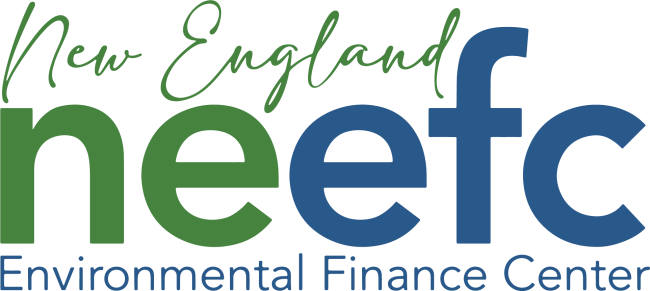
Our mission is to provide innovative financing solutions that help states, tribes, local governments, nonprofits, community-based organizations, and the private sector pay for environmental projects.
About Us
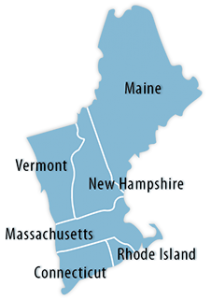
Serving Connecticut, Maine, Massachusetts, New Hampshire, Rhode Island, Vermont and New England’s 10 Federally Recognized Tribes.
Since 2001, the New England Environmental Finance Center (NEEFC) at the University of Southern Maine has worked to build local capacity to pay for the growing cost of protecting critical environmental resources and fostering resilient communities.
Our programs reflect the greatest needs of the 6 New England states including funding and financing of climate adaptation and resilience, stormwater and nutrient management, water infrastructure, and sustainable operating practices.
“High quality water is more than the dream of the conservationists, more than a political slogan; high quality water, in the right quantity at the right place at the right time, is essential to health, recreation, and economic growth.”
— Edmund Muskie, Former U.S. Secretary of State, Senator & Governor of Maine
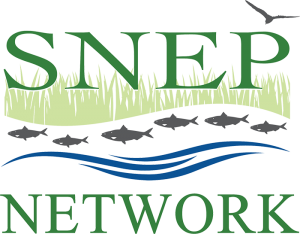
The NEEFC administers the Southeast New England Program (SNEP) Network. The SNEP Network provides training and assistance to municipalities, organizations, and tribes to advance stormwater and watershed management, ecological restoration, and climate resilience in Rhode Island and Massachusetts. The network is committed to building capacity in conjunction with EPA’s Southeast New England Program within EPA Region 1.
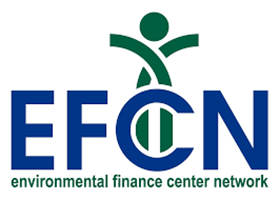
As part of the Environmental Finance Center Network (EFCN), the NEEFC is one of 10 regional centers supported by the U.S. Environmental Protection Agency. Together the EFCN is a collaborative of university-based organizations working to create innovative solutions to the difficult how-to-pay issues of environmental protection and improvement.
New & Noteworthy
Webinar - Demystifying How to Access BIL Funds for Source Water Protection
Wednesday, April 10th 2:30-4:00 pm


- Are you wondering how to access BIL funds?
- Did you know small, disadvantaged, and/or disadvantaged communities are eligible for BIL funds?
- Have you heard of Water Technical Assistance (WaterTA), but don’t know what it is?
- Want to know why Environmental Finance Centers (EFCs) are important and how EFCs can help YOU?
This webinar will showcase the wide array of technical assistance available to help eligible partners develop project plans and application materials to access funding for source water protection. Attendees will learn how to request TA for support in accessing this unprecedented opportunity to invest in and expand source water protection programs.
Featured Funding Opportunity
Southeast New England Program (SNEP) Opportunity to Advance Resilience (SOAR) Fund
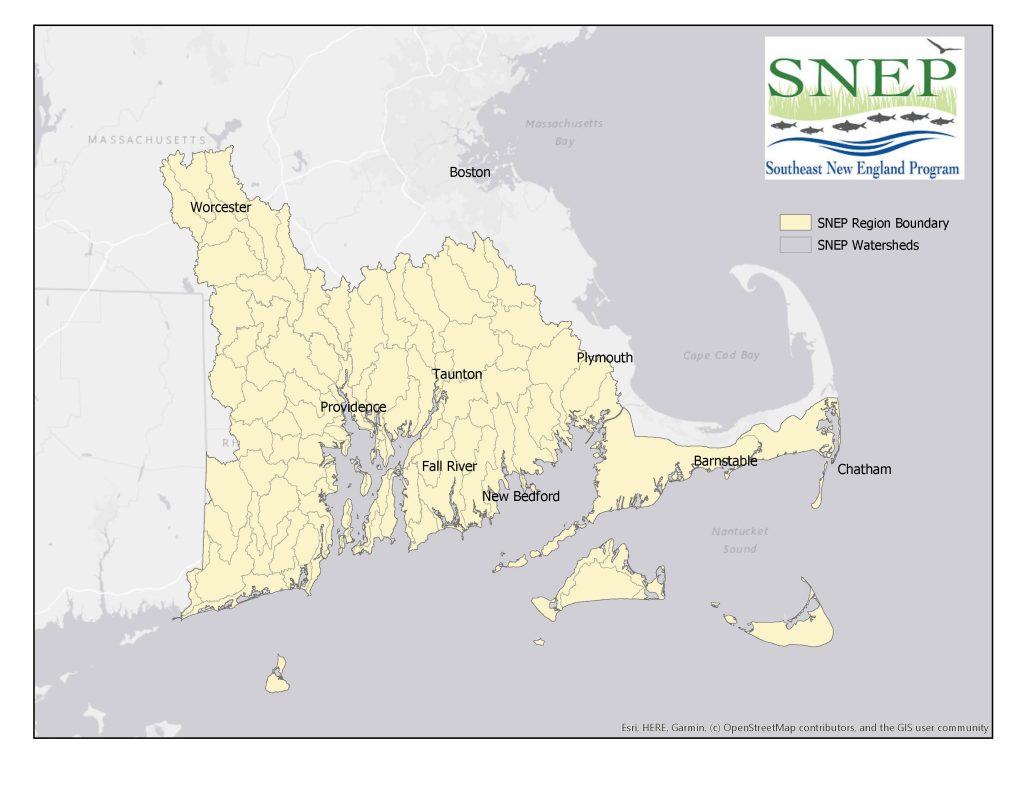
Submission Deadline: Proposals are due by 11:59 p.m. Eastern Time on Friday, June 7, 2024
Grant or Loan? Grant
Funding Availability: $1.25 million total for grants likely ranging from $50,000 to $300,000 each
Who’s Eligible? State, local and tribal governments, public and private universities and colleges, public and private nonprofit institutions/organizations, interstate agencies, and Intertribal Consortia.
Purpose: Grants to improve and support the resilience of disadvantaged communities throughout the Southeast New England Program (SNEP) region to address the anticipated effects of climate change and the historic, long-term impacts of environmental and social injustices. This program aims to amplify meaningful community involvement by funding a host of planning, implementation, outreach, training, capacity, and staff-building projects.
Contact: SNEP at SECoastalNE@epa.gov
Southeast New England Program (SNEP) Watershed Implementation Grants (SWIG)
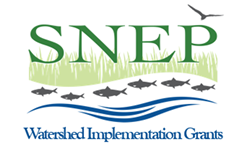
Submission Deadline: Letter of Intents are due at 4:00 p.m. Eastern Time on Friday, April 5. Final proposals are due at 4:00 p.m. Eastern Time on Friday, June 21.
Grant or Loan? Grant
Funding Availability: $2.8 million for grants ranging from $20,000 to $500,000 each
Who’s Eligible? State, county and local governments and their subdivisions, tribes, regional planning organizations, non-profit organizations, and academic institutions. Organizations do not need to be located within the SNEP Region to be eligible for funding, but the funded work must take place within the region with the primary purpose of benefiting the SNEP Region.
Purpose: SNEP Watershed Implementation Grants (SWIG) is a partnership between EPA and Restore America’s Estuaries (RAE), a national coalition of non-profit coastal conservation organizations. SWIG grants provide funding to projects throughout Southeast New England that implement or complement the SNEP Network’s work to restore clean water, healthy ecosystems, and sustainable communities.
Contact: Thomas Ardito, Restore America’s Estuaries, tardito@estuaries.org
Looking for additional funding opportunities?
What We Do
Outreach and Engagement
Community engagement, charrettes, and meeting facilitation that engages all stakeholders and includes their voices in planning decisions.
Technical Assistance
Training and assistance to municipalities, organizations, and tribes to advance stormwater and watershed management, funding and sustainable financing, and improve utility and business operations to achieve resilience to the changing climate.
Education and Training
Capacity building and education of state and local decision makers and utility managers in innovative
financing solutions.
Develop Young Professionals
Engaging student interns in projects to help develop the next generation of environmental finance professionals.